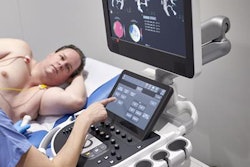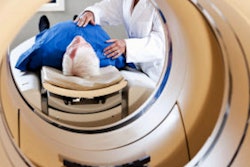Dear AuntMinnieEurope Member,
It makes for a depressing read, a massive failure of workforce planning that was foretold years in advance. That's how one commentator reacted on Twitter this week to the publication of four national reports on radiologist staffing by the U.K. Royal College of Radiologists.
The analysis for England, Northern Ireland, Scotland, and Wales shows the staffing situation was pretty grim before the COVID-19 pandemic struck, and it's hard to believe things have improved over recent months. Some improvements were made in 2019, such as the 5% workforce growth in Scotland, but the road ahead is likely to be extremely tough.
In other news, now's the time to get excited about the abscopal effect, Dr. Adrian Thomas asserts in his latest column. He elaborates on the long and rich history of the effect, and also investigates its clinical applications in radiation oncology. Find out more in the Molecular Imaging Community.
Meanwhile, a novel ultrasound study has caught our attention. Researchers from Germany compared the effectiveness of carotid intima-media thickness and lumen diameter for predicting mortality from cardiovascular disease. Their results deserve a close look.
Ultrasound is also proving to be an effective and safe modality when it comes to evaluating masses identified on screening digital breast tomosynthesis, according to research published in the European Journal of Radiology.
By far our most popular article this week in terms of page views was about the triaging of COVID-19 patients in Lyon, France. If you missed it, head over to the CT Community.
Finally, the European Society of Cardiology's annual congress begins this weekend, and the program features some important imaging presentations. Look out for our news reports from the meeting over the coming days.



















